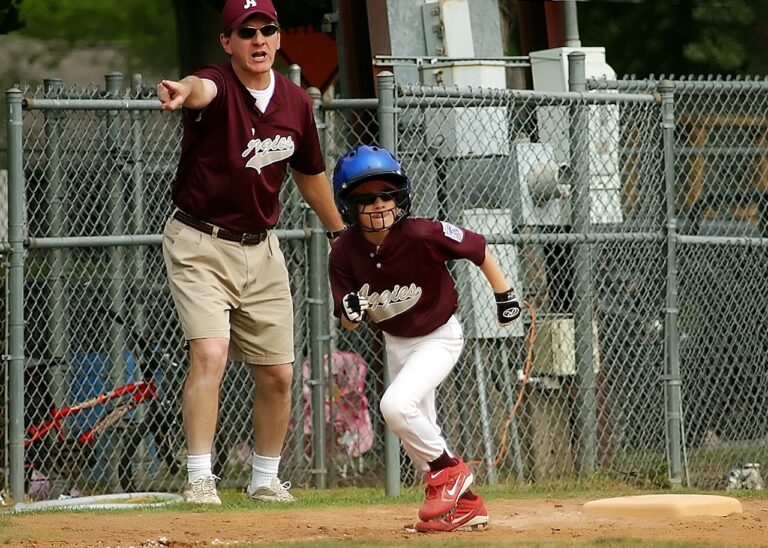The Psychology of Cricket Coaching: Motivation, Communication, and Leadership Strategies for Coaches
99exch, 99exch: When it comes to player performance, psychological factors play a crucial role in determining success on the field. One such factor is confidence, which can greatly impact how well a player performs during a game. Players who believe in their abilities and have a positive mindset tend to perform better under pressure compared to those who lack confidence.
Additionally, the level of motivation a player possesses can heavily influence their performance. Players who are intrinsically motivated, meaning they have a genuine passion for the sport, are more likely to push themselves to excel. On the other hand, players who are extrinsically motivated by external rewards or pressure may not perform as consistently since their motivation is dependent on external factors.
• Players who believe in their abilities and have a positive mindset tend to perform better under pressure
• Intrinsic motivation, driven by genuine passion for the sport, leads players to excel
• Extrinsic motivation, based on external rewards or pressure, may lead to inconsistent performance
Understanding Player Behavior and Motivation
Player behavior and motivation are closely intertwined elements that significantly impact performance on the field or court. Understanding the unique personalities and drives of each player can help coaches tailor their strategies and interventions to maximize individual and team success. By recognizing what motivates each player, whether it be a desire for personal recognition, a competitive spirit, or a need for collaboration, coaches can create a more supportive and effective environment for their athletes.
Moreover, player behavior can also be influenced by internal and external factors, such as personal stressors, team dynamics, and overall team culture. It is crucial for coaches to remain observant and proactive in addressing any behavioral issues that may arise, as they can not only impact the player in question but also the entire team’s dynamics. By fostering open communication channels and promoting a positive and inclusive team culture, coaches can help their players develop a stronger sense of belonging and motivation to perform at their best.
Effective Communication Techniques for Coaches
Coaches play a crucial role in fostering a positive and productive team environment. One effective communication technique for coaches is active listening. By truly listening to their players with empathy and without interruption, coaches can show that they value their players’ perspectives and experiences. This can lead to stronger connections, enhanced trust, and better collaboration within the team.
Another important communication technique for coaches is providing clear and specific feedback. Instead of generic praise or criticism, coaches should offer constructive feedback that is actionable and tailored to each player’s needs and goals. This helps players understand what they are doing well and areas where they can improve, fostering a growth mindset and motivation for continuous development.
How can psychological factors influence player performance?
Psychological factors such as confidence, motivation, and mindset can greatly impact how a player performs on the field. Coaches need to understand these factors and work with players to build their mental strength.
Why is it important for coaches to understand player behavior and motivation?
Understanding player behavior and motivation allows coaches to tailor their communication and coaching style to fit each individual player. This can lead to improved performance and team dynamics.
What are some effective communication techniques for coaches?
Effective communication techniques for coaches include active listening, providing constructive feedback, setting clear expectations, and building rapport with players. It’s important for coaches to communicate openly and honestly with their team.






